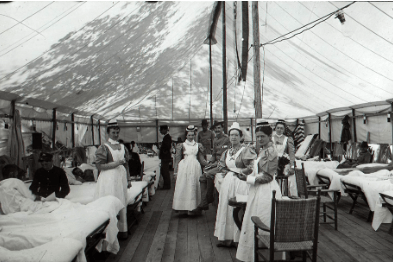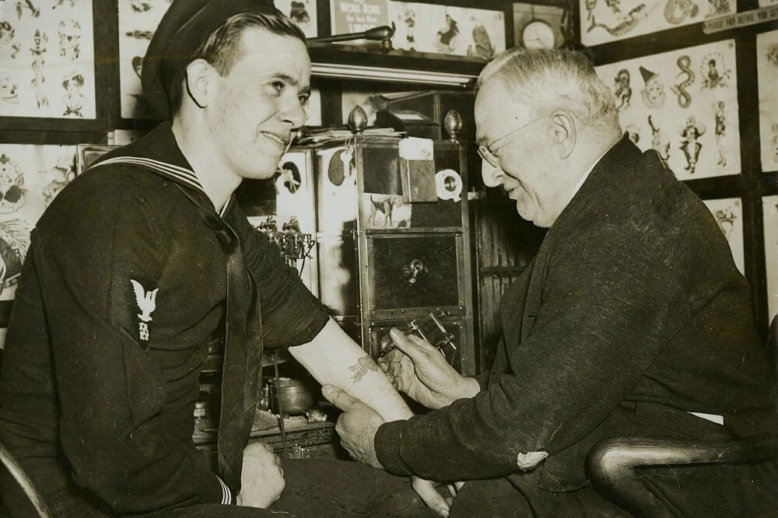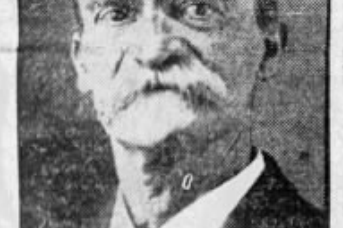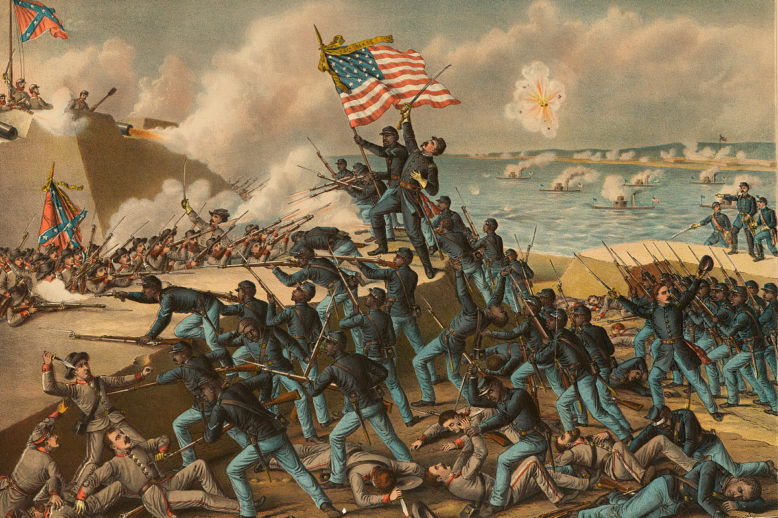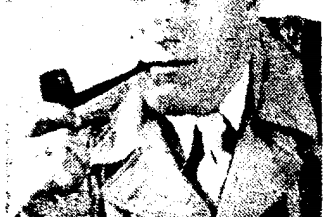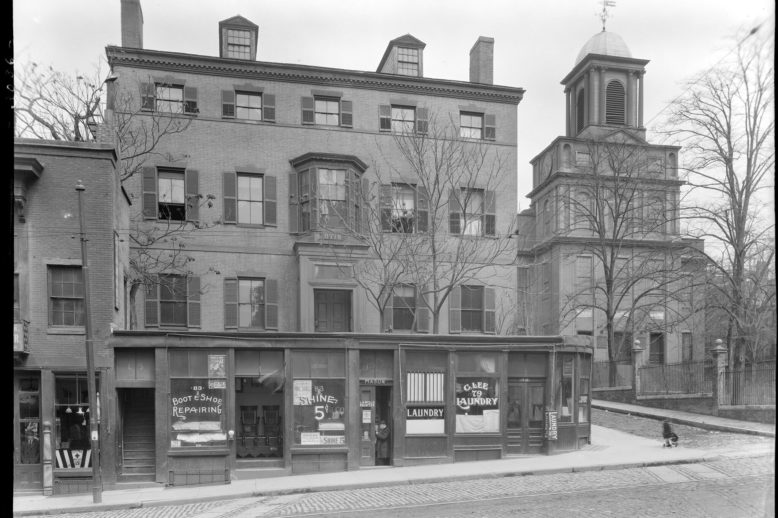Topic: War
Soldiers, military stories, veterans
Part 1 of West End Hero Squares identified urban squares in the West End which the City of Boston renamed in honor of military personnel who died during service in WW1, and provided background on those soldiers and sailors. Part 2 will look at Hero Squares dedicated to those who served in WWII and the Korean War.
The tradition of dedicating city squares to service members lost in war began in 1898. Known as Hero Squares, the City of Boston has placed over 1200 memorials of this type throughout its neighborhoods. Easily overlooked as one navigates busy urban streets, an alert pedestrian walking through the West End will notice its share of these memorials to those who sacrificed their lives in duty.
Since its opening in 1821, the Massachusetts General Hospital has had a long tradition of caring for West Enders, Bostonians, and other patients from across the globe. This tradition includes a history of its nurses and doctors putting their own lives at risk while serving military personnel during wartime.
Scollay Square was a popular Boston hot spot for nightlife during the first half of the 20th century, with its vaudeville theaters, bars, and sideshow attractions. Long chided by local politicians for its perceived physical and moral decay, in 1963 the City of Boston completely demolished the area as part of an urban renewal project. Though often viewed within the broader context of the West End’s redevelopment, Scollay Square’s final chapter can also be understood through the lens of World War II, the growth of Boston’s Navy Yard, and the demographic shifts at the war’s conclusion.
Jeremiah J. Gilman, a Civil War veteran who lived on Chambers Street and Eaton Street in the West End, witnessed the immediate aftermath of President Abraham Lincoln’s assassination on April 14, 1865. After the Civil War, Gilman made it in the local newspapers not only as a veteran, but also as the purchaser of an investment property on Eaton St. that later became his home.
The 54th Massachusetts Infantry Regiment was the Union’s first free Black regiment of the Civil War. The Massachusetts Black regiments were all deeply linked to the West End, from which they were advocated for, recruited, and organized. The 54th is memorialized in a bas relief on Boston Common, and in the 1989 film “Glory”.
Sgt. Salvatore J. Cassaro was a West Ender who served in the United States Army during the Korean War. Mayor John Hynes honored Cassaro’s request for a flag of the City of Boston that he could fly over his gun position, demonstrating pride in where he came from.
John Osborn was a painter, paint dealer, and member of the Ancient & Honorable Artillery Company who purchased the first Harrison Grey Otis House from Otis when he moved to Mt. Vernon Street in 1801.


